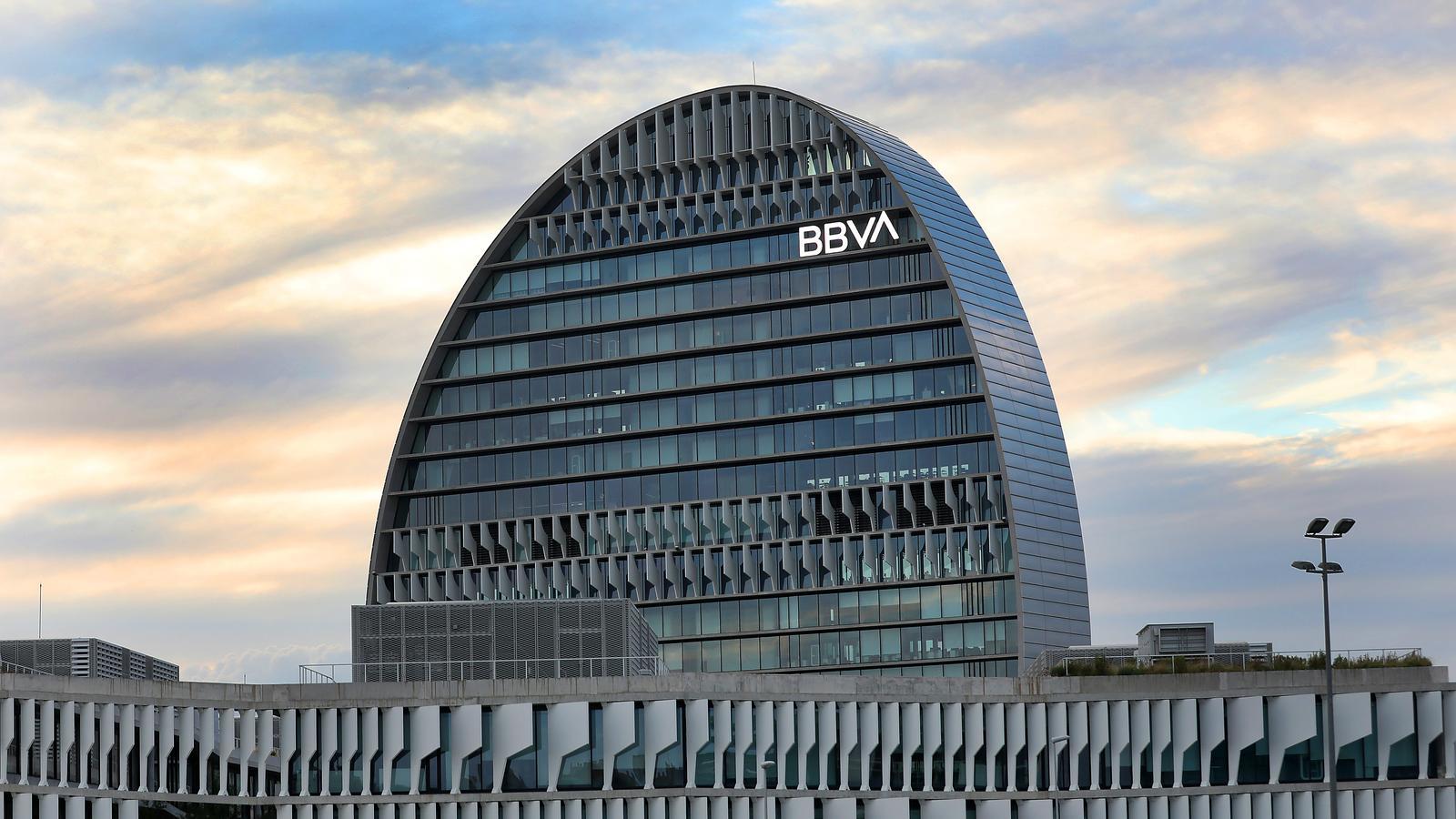What's the deal with a hypothetical second BBVA takeover bid for Sabadell?
The calculation and dissemination of the fair price of this second operation become the new workhorse


MadridThere is a scenario that began to gain traction when BBVA opened the door to waiving the minimum acceptance condition for the hostile takeover bid for Banc Sabadell, set at 50.01% of the Valles-based bank's capital. This is the possibility of a second mandatory takeover bid, although BBVA has initially ruled it out.
This second takeover bid would take place if only between 30% and 50% of Sabadell's capital participate in the current takeover bid and BBVA waives the minimum acceptance condition. Then, if it wants to continue with the operation, the Basque bank must, by law, launch a second offer (it has one month to do so) and pay it entirely in cash. However, this has caused a lot of confusion, especially regarding the price this new offer should have.
When will we know if we are facing a second takeover bid?
The possibility of a second takeover bid will arise once the outcome of the first is known. Sabadell shareholders have until midnight this Friday, October 10, to decide whether to accept BBVA's current offer. Subsequently, the National Securities Market Commission (CNMV) will gather all the information and is expected to announce the result on Thursday the 16th or Friday the 17th. If the result is between 30% and 50% and BBVA wishes to continue with the process, it will be required to launch a takeover bid for 100% of the capital. Regardless of how this potential second takeover ends, which is not currently on the table, with 30%, BBVA would already control the Catalan bank.
What determines BBVA's decision to pursue a second takeover bid?
Beyond the outcome and waiving the minimum acceptance condition, BBVA has explained that, among other things, it will also take into account "the number of Banco Sabadell shares that have accepted the offer, the price per Banco Sabadell share that BBVA would have to offer in a subsequent takeover bid, business performance, and macroeconomic conditions."
How many days does it have to decide?
One of the first complexities of this scenario concerns the timing. Once the results are known, BBVA has just one day to decide whether to waive the minimum acceptance requirement (50.01% of share capital) and, therefore, whether to continue with the operation and open the door to a second takeover bid.
What will the price be?
This tight schedule raises the second challenge: the so-called fair price. The market assumes, and even Banco Sabadell CEO César González-Bueno has hinted, that BBVA will know what price to set for this second offer before launching it. The complexity lies in the fact that it must be a fair price, and the CNMV (National Securities Market Commission) comes into play, as it must validate it. "I think the CNMV is looking for a solution so that BBVA can make the decision knowing what the price is," González-Bueno reflected in an interview with Europa Press on Tuesday.
How is it calculated?
The calculation of this fair price is regulated by the 2007 Takeover Bid Law. In the takeover bid prospectus, BBVA established that the fair price will be governed by "Article 9.2.e" of this law. This article states that when an acquisition is made through a share conversion, as is the case with BBVA's takeover bid for Banc Sabadell, the price will be calculated "as the weighted average of the market prices of the aforementioned securities on the acquisition date."
Sabadell, which believes the price should be higher, agreed with this. The controversy lies in the date on which this "acquisition date" is set. In Banc Sabadell's view, it should be October 21, which is when the transaction is settled, but BBVA would then have to decide, based on the outcome, whether or not to launch a possible second takeover bid. CNMV sources consulted by ARA point out that no takeover bid, anywhere in the world, is launched without knowing the price and cost. Therefore, a date before October 17, or this one, should be considered.
However, BBVA has argued that although this article is included in the prospectus, what would determine the fair price is, in the case of this takeover bid, a higher article: specifically, 9.1. The reason is that the only prior acquisition is the current one launched by BBVA. This article indicates that the price will be the maximum that the bidder, i.e., BBVA, has paid in the previous 12 months. And that price is the current takeover bid price.
Various legal sources consulted by the ARA indicate that it is the CNMV's job to unravel the mess, but in any case they confirm that both articles can be taken into account, even if Article 9.1 is not included in the takeover bid prospectus. The main reason is that this first article is the "general principle," while Article 9.2 specifies situations to avoid any doubt. "[When deciding the fair price] the entire Article 9 governs, regardless of what the prospectus says," they reiterate, adding that Article 9.2 "can only be understood by reading and applying Article 9.1."
